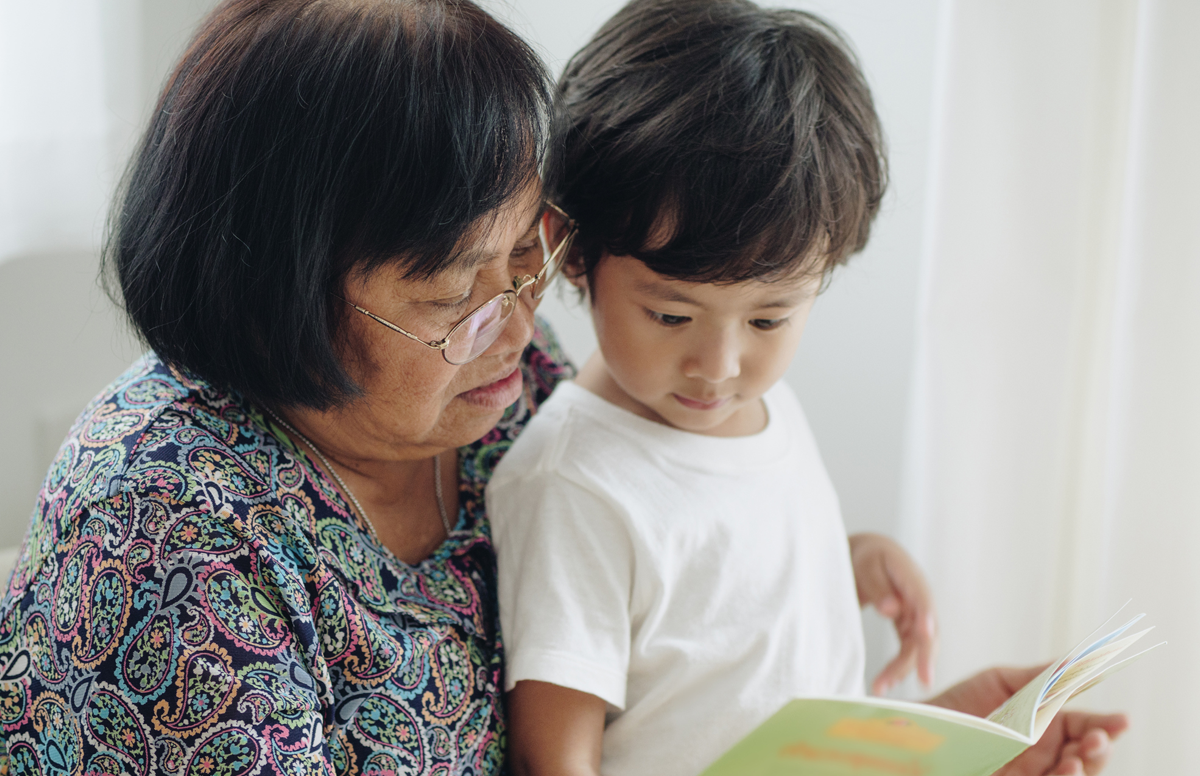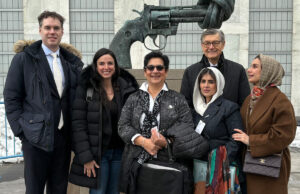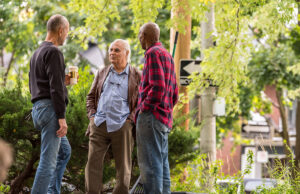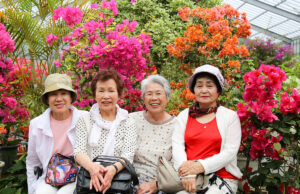We are abandoning older people.
It is neither a surprise nor a secret that our world is rapidly ageing. The number of people aged 60 and older will be 1.4 billion by 2030, which translates into one out of every six people. This pace of growth is unprecedented and we are woefully unprepared. Systems are underfunded, broken, or nonexistent. Funding is inadequate. A concerted focus on solutions is nonexistent. Earlier this year, I shared concerns that a global crisis is emerging.
Underlying this is the upending of our geopolitical dynamics. Economies, political systems, multination agreements and priorities are shifting, all of which impact the opportunities and challenges of global ageing. Funding is diverted, access to services and supports is limited, and the basic rights of older adults are ignored.
A few examples:
- We must develop a global workforce built on ethical principles that honor and balance the needs of all countries – those from which workers migrate and those who receive foreign born workers. The anti-immigrant bias in many OECD countries impedes the ability to nurture such a workforce. Without workers – regardless of country – there is no care.
- The focus on building infrastructure ignores the fact that a fundamental part of a nation’s infrastructure is not just roads and bridges but services, housing, and supports for its population, including its older population.
- Tariffs imposed as a blunt instrument overlook the need for an easy and inexpensive transfer of medical supplies and pharmaceuticals.
- Care demands, which increasingly fall on families and neighbors, are challenged by fewer adult children, strained family resources, and fewer formal services.
- Public funds, desperately needed for basic social care, are being diverted in response to global conflicts.
At the Global Ageing Network, we strongly advocate for the rights of older adults to safe and affordable housing, to quality care and services, and to a qualified workforce to provide care. We advocate for the rights of older people to safety, security, and respect. These rights are seriously eroded when resources are diverted and basic needs cannot be met, and when countries fail to see older people as assets and resources with much to contribute. Whether blatant or subconscious, the evidence of ageism cannot be ignored.
At this fragile time, we urge governments to recognize the consequences of their actions when they ignore one in six people. The result is an existential threat to the health and well-being of millions of older people and by extension, the economic and social stability of our countries.
As providers of services throughout the world and as advocates for the rights and well-being of older people, we believe there is a moral responsibility to invest in the well-being of those who built our countries, fought our wars, nurtured the next generation, and who have much to continue to contribute. We urge governments to recognize and demonstrate, through their actions, that investing in care matters and that older people are valued members of society who deserve our support, respect, and compassion every day.

Katie Smith Sloan | Executive Director | Global Ageing Network






